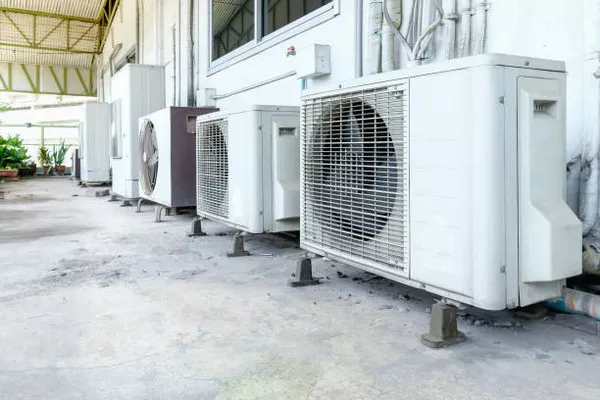Washington, D.C. – In a significant effort to combat climate change, the U.S. Climate Alliance, comprised of 25 state governors, along with the Biden administration, is set to announce a pledge to increase the number of heat pumps in U.S. homes from 4.7 million to 20 million by 2030. Heat pumps, known for their energy efficiency, have the dual capability of heating and cooling buildings while significantly reducing greenhouse gas emissions, as they often replace oil or gas furnaces.
Buildings are responsible for more than 30% of global greenhouse gas emissions, making the adoption of heat pumps a crucial step in addressing climate change.
This pledge represents a collection of state-driven initiatives aimed at achieving zero emissions by 2050. Pennsylvania and seven other states are taking the lead in establishing standards for environmentally-friendly heating systems.
The alliance’s governors collectively represent approximately 60% of the U.S. economy and 55% of the country’s population. Washington Governor Jay Inslee hailed heat pumps as a “miraculous solution” to the challenges of heating in winter, cooling in summer, and reducing carbon pollution.
Heat pumps’ energy efficiency stems from their ability to extract heat from the outdoor environment or underground and transfer it indoors, rather than generating heat through combustion, as traditional furnaces do.
Stephen Porder, an ecology professor at Brown University, attests to the benefits of heat pumps, noting a 75% reduction in greenhouse gas emissions since installing them in his home. Incentives for heat pump adoption, including a 30% tax credit under the U.S. Inflation Reduction Act, have driven increased installations.
Amanda Smith, a senior scientist at Project Drawdown, highlighted that heat pump units surpassed gas furnaces in sales last year, showcasing their growing popularity in the United States.
Maine Governor Janet Mills emphasized the financial benefits and increased energy efficiency associated with heat pumps. Rising demand for these systems is anticipated to boost domestic manufacturing, though concerns exist about the availability of qualified installers.
White House national climate adviser Ali Zaidi stressed the need for U.S. manufacturers to prepare for the expected surge in demand. While heat pumps offer sustainability advantages, their efficiency can vary in extremely cold regions, and refrigerants used in their operation can contribute to warming the atmosphere if leaked.
In conclusion, the commitment to expanding heat pump adoption in U.S. homes is a significant step in achieving climate goals, reducing greenhouse gas emissions, and enhancing energy efficiency.

